Granular Sulfur for plants | Natural Sulphur Granules | Slow release
₹236.00 – ₹422.00
Benefits for Plants:
- Gets the right amount of food: Plants get the sulfur they need exactly when they need it, leading to healthier growth and better yields.
- No root burn: Unlike some fertilizers, granular sulfur is gentle on plant roots.
- Saves money and helps the environment: By releasing sulfur slowly, less gets wasted and washes away, which is good for your wallet and the planet.
- Purpose: Primarily used to lower soil pH (make it more acidic), which is beneficial for plants like blueberries, azaleas, and rhododendrons.
- How it works: Sulfur is converted to sulfuric acid by soil microorganisms, gradually lowering the pH.
Description
Granular Sulfur for plants: A Sustainable Solution for Plant and Soil Health
Granular sulfur is a product to provide a controlled release of sulfur, a vital secondary macronutrient, to plants and soil. Unlike readily available sulfur sources, which can be prone to rapid depletion or root damage, granular sulfur offers a slow-and-steady approach to nutrient delivery, promoting healthier plants and improved soil conditions over an extended period.
Composition and Properties
Granular sulfur is typically composed of elemental sulfur, the most common form of this essential plant nutrient. These granules range in size from small pellets to larger prills, depending on the specific product and its intended application. Manufacturers often add anti-caking agents like bentonite clay to prevent clumping and ensure even distribution during application.
The release rate of sulfur from the granules is influenced by several factors, including:
- Granule size: Smaller granules generally have a faster release rate compared to larger ones due to increased surface area.
- Soil conditions: Moisture and temperature play a significant role. Warmer and wetter soils promote faster microbial activity, which can accelerate the breakdown of the granules and sulfur release.
Benefits for Plants
- Consistent Nutrient Delivery: Granular sulfur provides a steady supply of sulfur throughout the growing season, ensuring plants have access to this essential nutrient when they need it most. This prevents deficiencies that can lead to stunted growth, yellowing leaves, and reduced yields.
- Reduced Risk of Fertilizer Burn: Unlike readily available sulfur, which can be harsh on roots, granular sulfur releases the nutrient gradually, minimizing the risk of root damage and fertilizer burn. This allows for safer application, especially for young or sensitive plants.
- Improved Nutrient Use Efficiency: The controlled release of sulfur allows for more efficient nutrient uptake by plants. This reduces the risk of leaching, where excess sulfur gets washed away by water runoff and becomes unavailable to plants or potentially contaminates groundwater.
Benefits for Soil
- Long-Term Improvement: By maintaining healthy sulfur levels in the soil for an extended period, slow-release granular sulfur promotes overall soil health. This is particularly beneficial for crops that require a consistent sulfur supply throughout their growing season, such as legumes and cruciferous vegetables.
- Supports Microbial Activity: The breakdown of slow-release granules by soil microbes contributes to a thriving microbial community. These microbes play a crucial role in nutrient cycling, decomposition of organic matter, and overall soil health.
- Reduced Environmental Impact: The controlled release of sulfur minimizes the risk of leaching into groundwater, protecting aquatic ecosystems from potential harm.
Applications of Granular Sulfur
Granular sulfur finds application in various agricultural settings, including:
- Field Crops: Corn, soybeans, canola, and other field crops often benefit from supplemental sulfur, especially in areas with sulfur-deficient soils.
- Forages: Legumes like alfalfa and clover have a high sulfur requirement, and granular sulfur can help ensure optimal growth and nitrogen fixation.
- Fruits and Vegetables: Cruciferous vegetables like broccoli, cauliflower, and cabbage, as well as onions and garlic, all require adequate sulfur for proper flavor and development.
- Lawns and Turfgrass: Granular sulfur can be used to lower soil pH in alkaline conditions, promoting healthier turfgrass growth.
Additional information
| Weight | N/A |
|---|---|
| Dimensions | N/A |
| Pack size | 250 gms, 400 Gms, 900 Gms |
You may also like…
-
Sale!
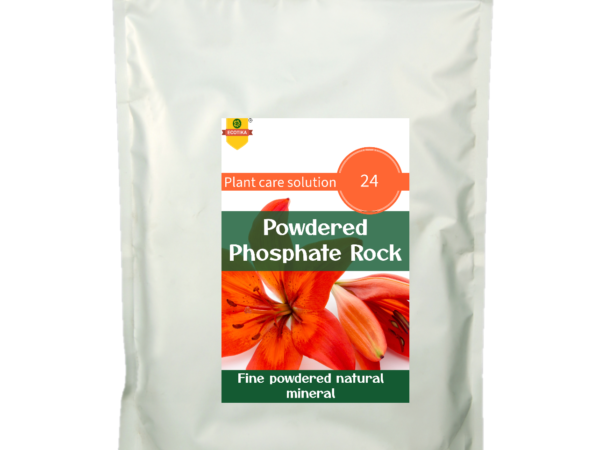
Rock Phosphate | Organic fertilizer
₹145.00 – ₹650.00 Select options Buy now -
Sale!
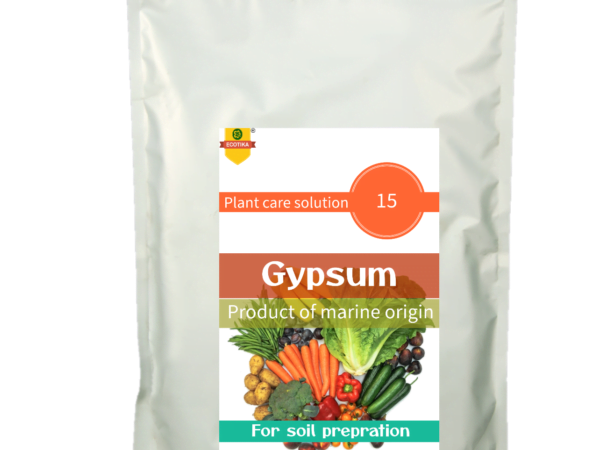
Gypsum (Agriculture grade) Fertilizer | Source of Calcium and Sulphur | Soil Amendment
₹154.00 – ₹295.00 Select options Buy now -
Sale!

Plant care solution 25 | Ecotika Vigor | Superhalite | Polyhalite fertilizer | Ideal for fruit trees
₹175.00 – ₹1,950.00 Select options Buy now -
Sale!

99.5% Pure Sulphur Powder | 200 Mesh powder
₹180.00 – ₹1,850.00 Select options Buy now


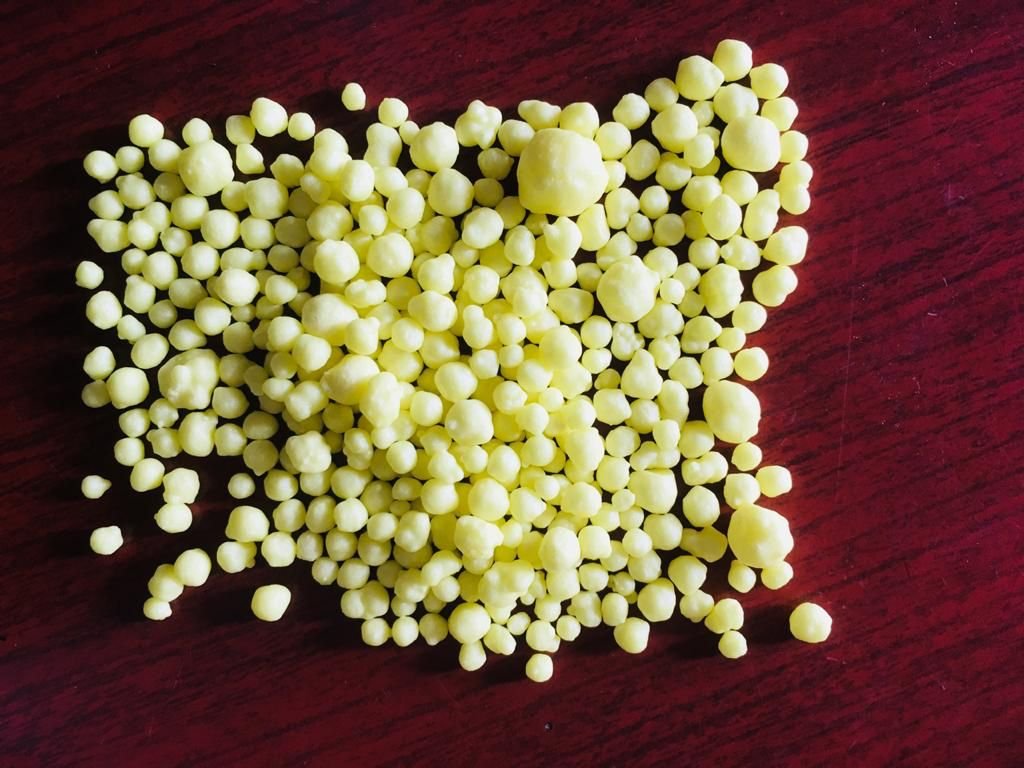

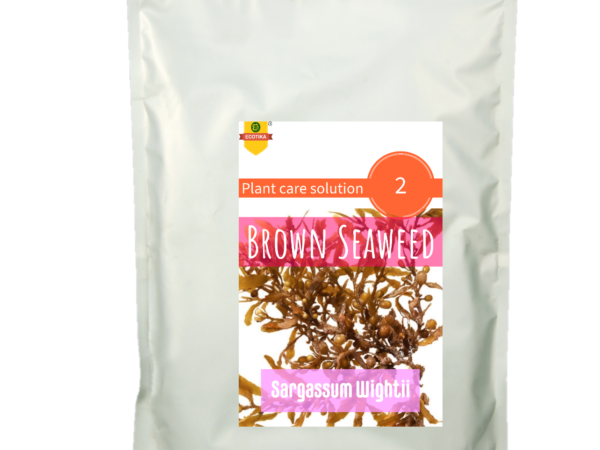

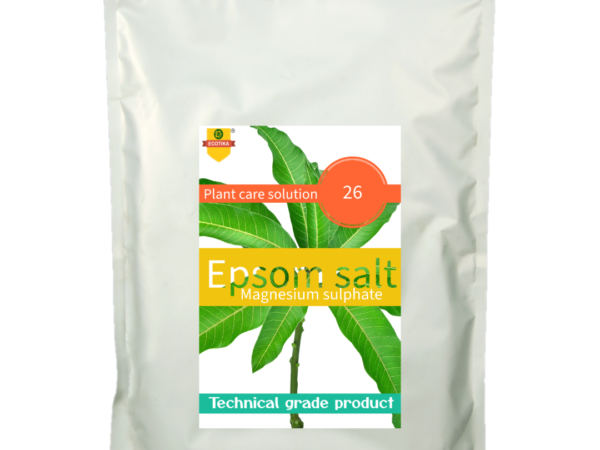
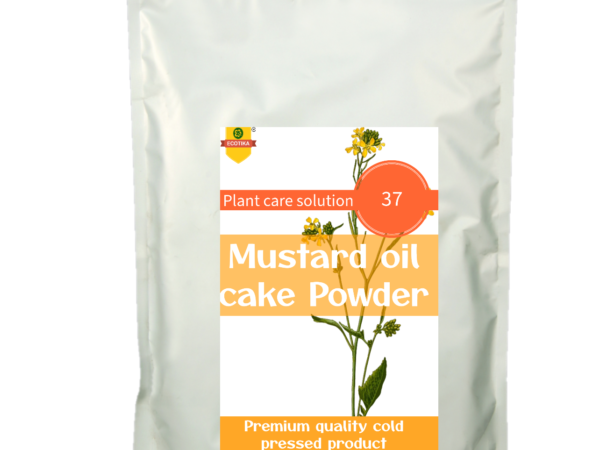

Reviews
There are no reviews yet.